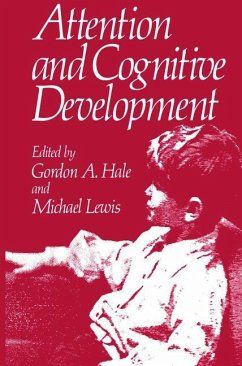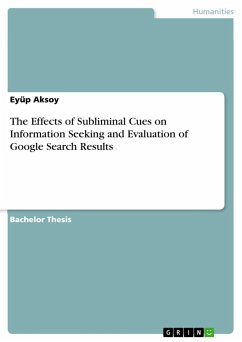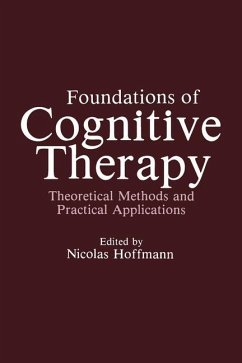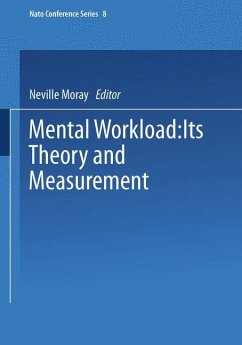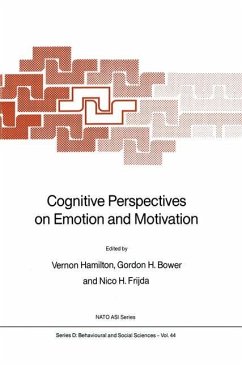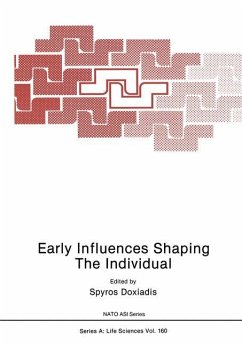
Cognitive Psychology and Instruction

PAYBACK Punkte
39 °P sammeln!
Sipke D. Fokkema Amsterdam, Free University From June 13th - 17th, 1977 the NATO International Conference on Cognitive Psychology and Instruction, organized by the editors of this volume, took place at the Free University of Amsterdam. During this period approximately 150 psychologists representing 15 countries assembled for an exchange of scientific experiences and ideas. The broad aim of the conference, as indicated by its title, was to explore the extent to which theoretical and methodological developments in cognitive psychology might provide useful knowledge with regard to the design and ...
Sipke D. Fokkema Amsterdam, Free University From June 13th - 17th, 1977 the NATO International Conference on Cognitive Psychology and Instruction, organized by the editors of this volume, took place at the Free University of Amsterdam. During this period approximately 150 psychologists representing 15 countries assembled for an exchange of scientific experiences and ideas. The broad aim of the conference, as indicated by its title, was to explore the extent to which theoretical and methodological developments in cognitive psychology might provide useful knowledge with regard to the design and management of instruction. From a great variety of submitted papers the organizers attempted to select those that represented major problem areas being scientifically studied in several countries. For the organization of this book we chose to categorize the contributions according to the following general areas: I. Learning II. Comprehension and Information Structure III. Perceptual and Memory Processes in Reading IV. Problem Solving and Components of Intelligence V. Cognitive Development VI. Approaches to Instruction The final paper in the volume is an extensive review and summary by Glaser, Pellegrino, and Lesgold, that examines the state Qf cognitive psychology (mainly as reflected in the contributions in this volume) with regard to instructional purposes. Each of the sections of the book also begins with a brief overview of the specific topics considered by the individual contributors within that section.





